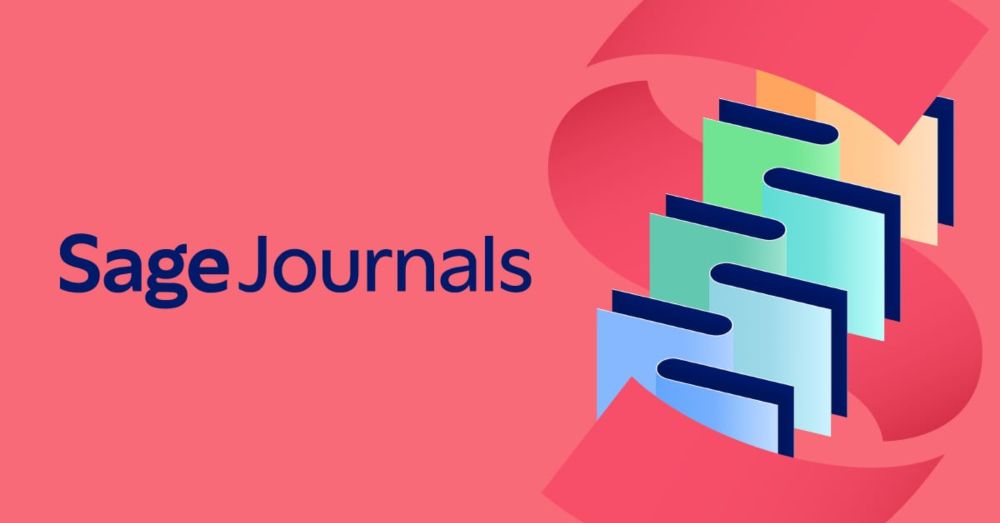
harvard psych (scholar.harvard.edu/xrg)

we're currently in revision; keen to hear any devastating critiques so the paper is as useful as it can be :)
we're currently in revision; keen to hear any devastating critiques so the paper is as useful as it can be :)
Also check out this paper by Jonathan de Quidt, Johannes Haushofer, and Christopher Roth deriving bounds for demand effects in the dictator game (here, we directly replicate their "weak" demand cue in a different sample) www.aeaweb.org/articles?id=...
Also check out this paper by Jonathan de Quidt, Johannes Haushofer, and Christopher Roth deriving bounds for demand effects in the dictator game (here, we directly replicate their "weak" demand cue in a different sample) www.aeaweb.org/articles?id=...
(i never know whether the algorithm penalizes threads with a link in the first post)
(i never know whether the algorithm penalizes threads with a link in the first post)
Also, some great work by Seetahul and Greitemeyer suggests that participants are more likely to react when they think studies will counteract their interests (journals.sagepub.com/doi/full/10....)

Also, some great work by Seetahul and Greitemeyer suggests that participants are more likely to react when they think studies will counteract their interests (journals.sagepub.com/doi/full/10....)

That's good news for the field! As we argue, demand effects appear, at least in their simplest form, to be more phantom than menace (7/8)

That's good news for the field! As we argue, demand effects appear, at least in their simplest form, to be more phantom than menace (7/8)
Control and demand conditions were statistically indistinguishable! (6/8)
Control and demand conditions were statistically indistinguishable! (6/8)
In each case we verified participants correctly understood study hypotheses. (5/8)
In each case we verified participants correctly understood study hypotheses. (5/8)
But modern psychology experiments use experienced online samples and standardized paradigms. Is demand a realistic concern in this setting? (4/8)
But modern psychology experiments use experienced online samples and standardized paradigms. Is demand a realistic concern in this setting? (4/8)

